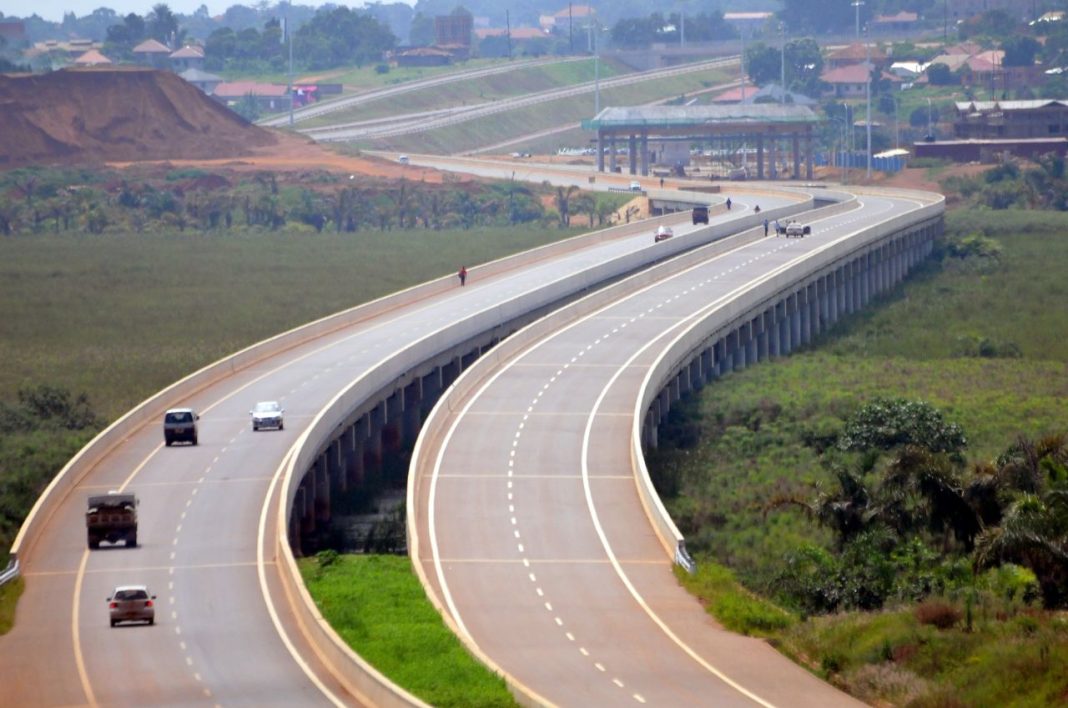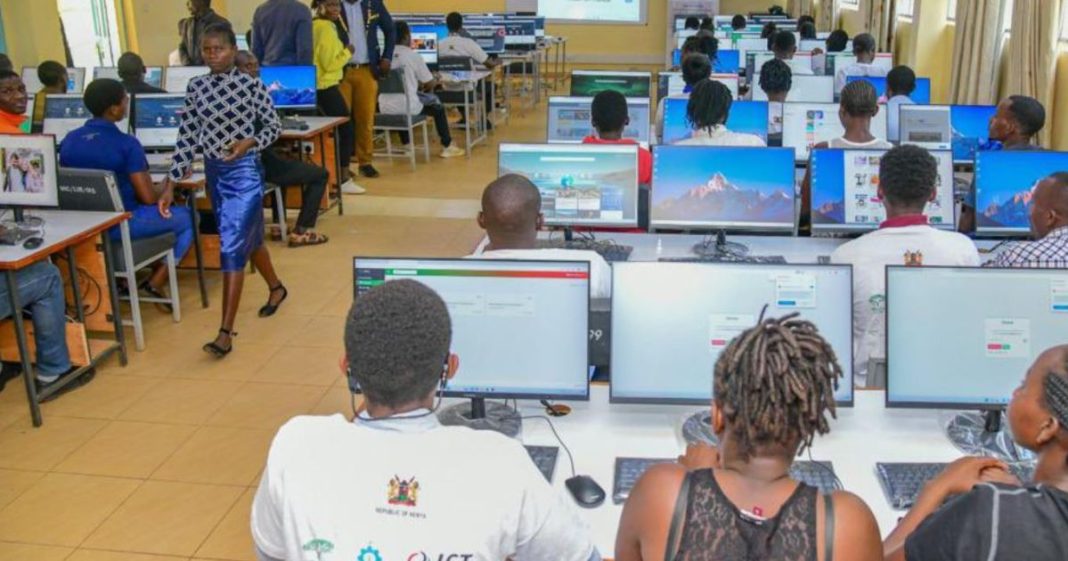The Motorist Association of Kenya (MAK) has strongly opposed the Public-Private Partnership (PPP) deal for the expansion of the Rironi–Nakuru–Mau Summit Highway, terming it deceptive and exploitative to Kenyan motorists and taxpayers.
In a statement to newsrooms, the lobby said the proposed 233-kilometre toll road project would unfairly transfer long-term financial burdens to Kenyans while enriching foreign entities through hidden contracts and commercial clauses.
MAK claimed the toll-based model would shield investors from scrutiny while exposing taxpayers to indirect liabilities through guaranteed revenue assurances, similar to what was witnessed in past infrastructure deals.
“The so-called Build-Operate-Transfer concession ties the government into obligations denominated in foreign currency, with hidden clauses that eventually fall back on taxpayers,” the statement read.
The association further argued that road construction and maintenance are already financed by the Road Maintenance Levy Fund (RMLF) and fuel taxes, which raise over Ksh 100 billion annually. According to MAK, these funds are sufficient to maintain the country’s highways without imposing additional tolls, which they described as “double taxation.”
They also criticized the inclusion of the China Road and Bridge Corporation (CRBC) as the preferred bidder, claiming the firm is a Chinese state-owned entity rather than a private investor. MAK argued this undermines the essence of a true PPP and risks placing Kenya’s key transport corridor under foreign influence.
“This is not genuine investment it’s economic colonization disguised as development,” the statement added.
The group also questioned the need to expand the entire Nairobi–Naivasha stretch, citing reduced traffic volumes due to the Standard Gauge Railway (SGR). They insisted that only the Naivasha–Mau Summit section requires urgent rehabilitation, which could be funded locally.
MAK has demanded the immediate suspension of the deal and the public release of all related contracts, feasibility studies, and audits of the RMLF.
In response, the Directorate of Public Private Partnerships, through its Director Eng. Kefa Seda, defended the project, saying the PPP model does not amount to privatization but rather a sustainable financing solution.
“This highway remains a strategic national asset under full government ownership,” said Seda. “The PPP allows private players to finance and maintain the road temporarily while ownership and policy control stay with the State.”
Seda noted that Kenya’s road infrastructure requires over Ksh 4 trillion in the next decade an amount that cannot be met through traditional borrowing or tax revenues alone.
The Kenya National Highways Authority (KeNHA) has since confirmed that the project’s design work is ongoing, with construction expected to begin soon.







casino online paypal
References:
http://chansolburn.com/
online pokies paypal
References:
https://rejobbing.com/
SkyCrown Casino offers a broad catalogue with pokies, live dealer rooms, and quick-launch table games.
Welcome offers, reload bonuses, and then event entries when players
feel ready. At the heart of this trend sits SkyCrown, a platform that delivers pokies,
live dealers, and a wealth of bonuses wrapped into one smooth package.
I joined multiple tables — from blackjack to roulette to live game shows.
Android players can install the SkyCrown app as an APK
file from the official site. From my experience, SkyCrown Casino withdrawals are fast and
reliable if you use crypto. All deposits were instant and free on the casino’s side, though my bank applied a small international charge for Visa.
At Skycrown Casino, immerse yourself in a thrilling world of live dealer games where real-time
interaction meets top-tier gaming. SkyCrown boasts
an impressive library of over 10,700 titles, catering to various tastes with pokies, jackpots, live
casino, table games, and instant crash options.
Live dealer games are lifelike and real-time, allowing players to interact with the professional dealers.
🎰 Top Casino Games – Slots, Table Games and More When you play at this top online
casino, you ll find all the games you could possibly need.
References:
https://blackcoin.co/video-poker-rules-progressive-jackpot/
© All content is property of Webtickets Instantly translate text between over 20 languages with high accuracy.
Save time and learn faster with AI-powered summaries. The “Search” button gives the AI access to the internet to answer your questions.
Get immediate answers to customer queries and suggestions
for phrasing responses. Sandalwood was used in the beams and supports for the construction of the roofs.
The company is a joint venture between the Private Properties Administration and the Public
Real Estate Investment Company, the company plays an effective role in the development of the real
estate sector in the Emirate of Ajman. By 2008 the growth of real estate speculation and investment had led
to the establishment of a real estate regulator, the Ajman Real Estate Regulatory Agency.
A development boom followed the opening of Ajman’s real
estate market to global investors in 2004, with ‘true’ freehold on offer.
This led to real estate prices rising rapidly, from $11 per square foot and, by 2007, developers
had announced projects worth $21.78 billion, consisting of around 65,000 units in all.
For example, a customer browsing a website for a product or service might have questions about different features,
attributes or plans. That’s a great user experience and satisfied customers are
more likely to exhibit brand loyalty. AI chatbots are commonly used in social media messaging apps, standalone messaging platforms,
proprietary websites and apps, and even on phone calls (where they
are also known as integrated voice response,
or IVR). When combined with automation capabilities including robotic
process automation (RPA), users can accomplish complex
tasks through the chatbot experience.
References:
https://blackcoin.co/how-online-casino-vip-programs-work/
Die kleine Insel Curaçao gehört offiziell zu den Niederlanden und gibt Casino
mit EU Lizenz, daher sind die dort ausgestellten Glücksspiellizenzen auch in Europa bzw.
Das Innenministerium des Landes Schleswig-Holstein vergibt gültige Glücksspiellizenzen an Anbieter, die ihr Angebot innerhalb der
Grenzen des Bundeslandes bereitstellen. Die Lizenz ermöglicht den Betrieb von Glücksspielangeboten und Echtgeld Online Casinos gemäß EU-Recht und verpflichtet zu strengen gesetzlichen Auflagen. Neben deutschen Betreibern gibt es auch verschiedene angesehene Unternehmen, die Glücksspielplattformen sorgfältig auf Zuverlässigkeit und Legalität prüfen. Damit seid ihr sicher, dass Fairness im Spiel, Datensicherheit
und Schutz vor Betrug gewährleistet sind.
Bekannte Beispiele für progressive Jackpot Slots sind Mega Moolah, Mega Fortune und Jackpot Giant.
Progressive Jackpot-Spiele sind in Deutschland aufgrund gesetzlicher Bestimmungen derzeit nicht in lizenzierten Online-Casinos verfügbar.
Live Dealer Spiele bieten eine besonders immersive
Spielerfahrung, da sie das Gefühl eines echten Casinos direkt ins Wohnzimmer bringen.
References:
https://online-spielhallen.de/cashwin-casino-promo-code-ihr-schlussel-zu-exklusiven-vorteilen/